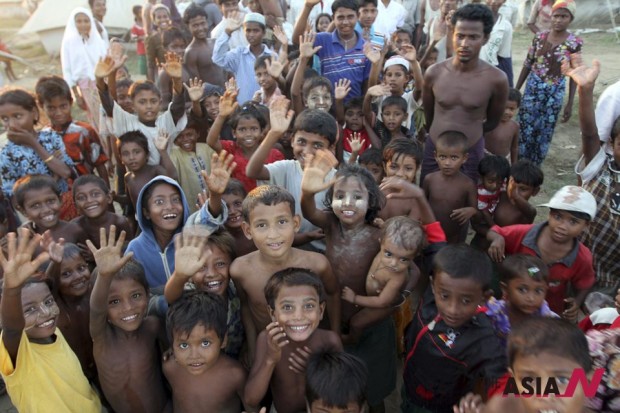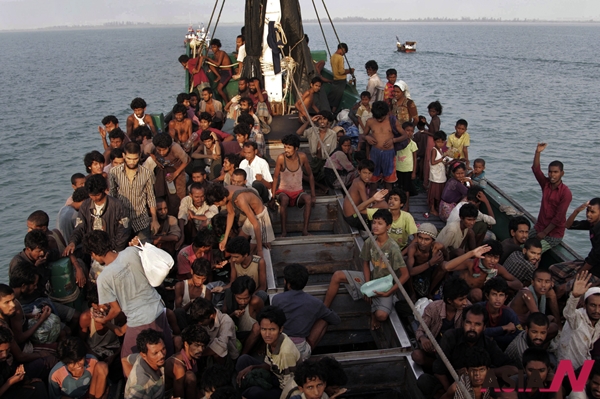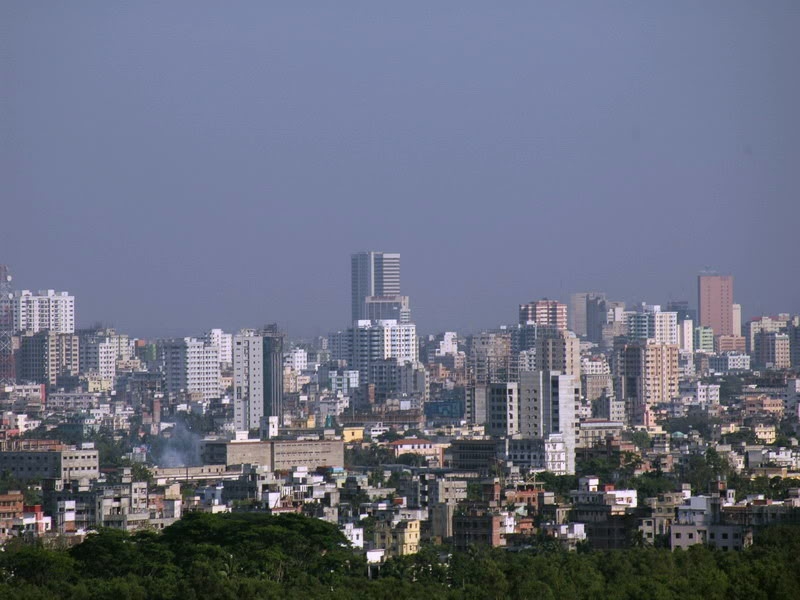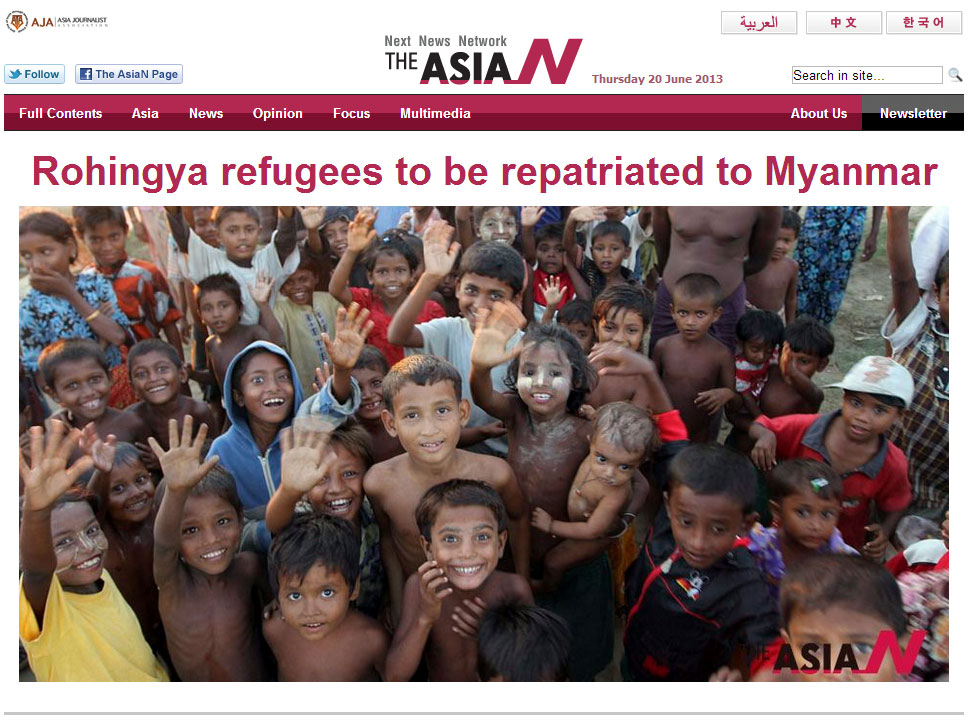Myanmar assures Bangladesh again to take back Rohingya refugees

The Myanmar government has assured Dhaka again of starting the repatriation process of Rohingya refugees in Bangladesh as soon as the situation becomes stable in its Rakhine state. The assurance came at the 7th round of Foreign Office Consultations (FOC) held at Nay Pyi Taw, the capital of Myanmar, on June 14-15, said a spokesman of Bangladesh Foreign Ministry.
The FOC reviewed the entire range of bilateral issues including political, economic and security cooperation between the two countries. Bangladesh Foreign Secretary Shahidul Haque, who led the 11-member delegation of his country, stressed the importance of resolving the longstanding repatriation issue of Myanmar refugees.
He called for early resumption of the repatriation of the already cleared Myanmar refugees, a process that was deferred due to an outbreak of communal violence in Myanmar’s Rakhine state.
Dhaka also proposed forming a Joint Committee to exclusively deal with issues of repatriation and undocumented Myanmar nationals in Bangladesh. The Myanmar side took note of the proposal for its active consideration. Myanmar Deputy Foreign Minister U Thant Kyaw led the 20-member Myanmar delegation at the FOC meeting.
Both Bangladesh and Myanmar agreed to jointly and comprehensively address the entire range of trans-boundary crimes along the borders. At the meeting, the delegations discussed Bangladesh’s proposal for a ‘security dialogue’ within the FOC framework. The two governments also promised to uphold their ‘zero tolerance policy’ against unauthorised use of their territories by any person or group for committing subversive activities.
The repatriation of Rohingya refugees from Bangladesh remains as the major unsettled issue between the two countries for a long time. While a large number of documented and undocumented Rohingya refugees are staying in Bangladesh for decades, the country again faced an influx of Rohingyas again at the border in June last year following the sectarian violence in Rakhine state of the neighbouring Myanmar. Bangladesh did not allow the Rohingyas to enter into Bangladesh territory, but helped them at the border with food, medicine and money and persuaded them to go back to their own land.
There was lot of pressure then on Bangladesh government from international community to accept the Rohingyas and give them shelter. But Bangladesh Prime Minister Sheikh Hasina took a tough stance in this regard and urged the international community to put pressure on Myanmar to stop sectarian violence in Rakhine state ensuring safety of Rohingya community. She mentioned that Bangladesh is already overpopulated and was not in a position to take more people from outside.
Bangladesh still hosts 25,000 documented Myanmar refugees and their 4,000 children in the country’s southern Cox’s Bazar district. These refugees are living in the camps maintained by Bangladesh government. But, according to official sources, undocumented number of Myanmar nationals, who have fled into Bangladesh since 1991 would be around half a million. The refugees have not only posed a serious threat to food and environment, but also security of Bangladesh, sources said.
Myanmar is a country of ethnic population where 135 distinct ethnic groups recognized by the government lives. However, there are number of ethnic minority groups including Rohingyas exist in Myanmar which have not yet been officially recognized. And that is the crux of the problem for which Bangladesh suffers from refugee influx from Myanmar.
Bangladesh has been asking Myanmar to back its citizens, but there was poor response from other side.Now, the issue of Rohingya refugees’ repatriation has been raised again at the just-concluded FOC meeting at Nay Pyi Taw, and an assurance came again from Myanmar side. As the diplomatic efforts are on to settle the long standing issue, it is the expectation of all that the problem would be solved soon and the Rohingya refugees would go back to their homeland.






